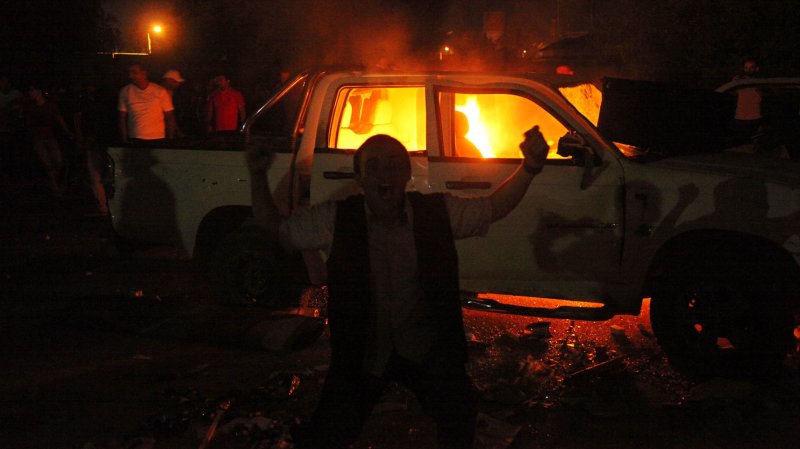WASHINGTON, Sept. 23 (UPI) -- A senior White House aide Sunday denied the Obama administration tried to downplay the apparent terrorist attack on the U.S. consulate in Libya.
Robert Gibbs said the initial characterization of the attack as a spontaneous event stemming from a street demonstration was accurate given the information available at the time.















